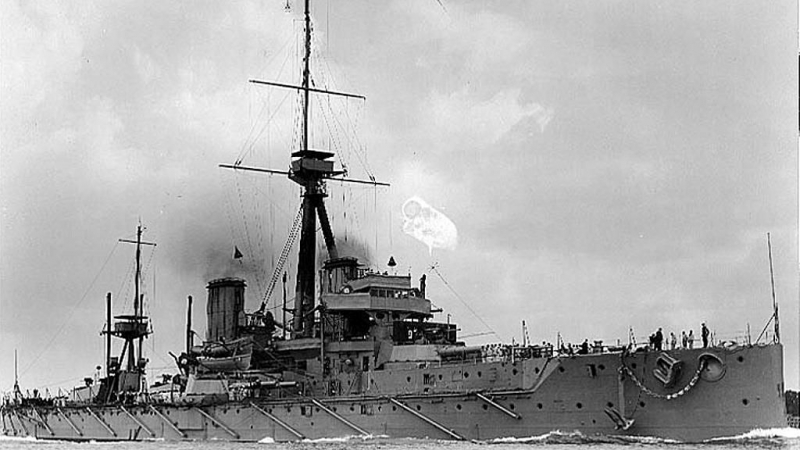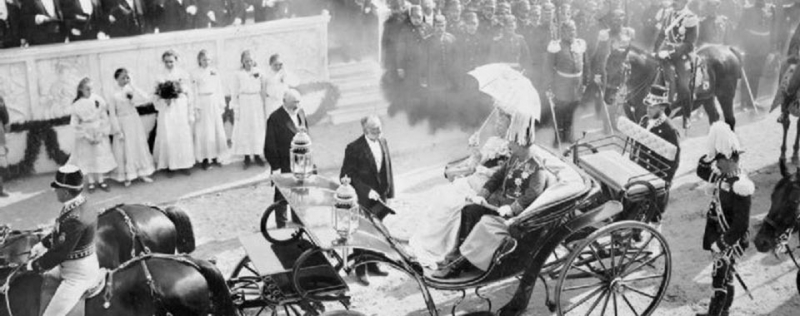The Rise of Germany

Prior to 1870, Germany was a collection of minor kingdoms, duchies, and principalities rather than a single country. The Kingdom of Prussia, commanded by Kaiser Wilhelm I and his prime minister, Otto von Bismarck, began a series of confrontations in the 1860s in order to unite the German nations under their control. After a series of attacks, the Germans beat the French, capture Emperor Napoleon III, and conquer Paris in the Franco-Prussian War. Wilhelm and Bismarck effectively united Germany by proclaiming the German Empire at Versailles in early 1871.
Great Britain and France dominated the industrial, military, and economic sectors of the nineteenth century. After Germany's unification in 1871, however, this dominance was constantly challenged. The German economy grew at a breakneck pace, catching up to the British and French in terms of production and exports. Germany was investing in and reaping the benefits of modern sectors such as electrical and chemical manufacturing. It was also becoming a leader in the textile industry. The absorption of Alsace and Lorraine from France had enhanced coal production, and the projected Berlin-Baghdad Railway, which would connect Germany to Persian Gulf oilfields, was causing concern among its rivals. By the end of the 19th century, Germany had become the largest economy in Europe and wanted to further its ambitions as a global power.
Besides the rise of Germany along with the bitter loss of France's territory contributed to one of the main causes of World War I.











